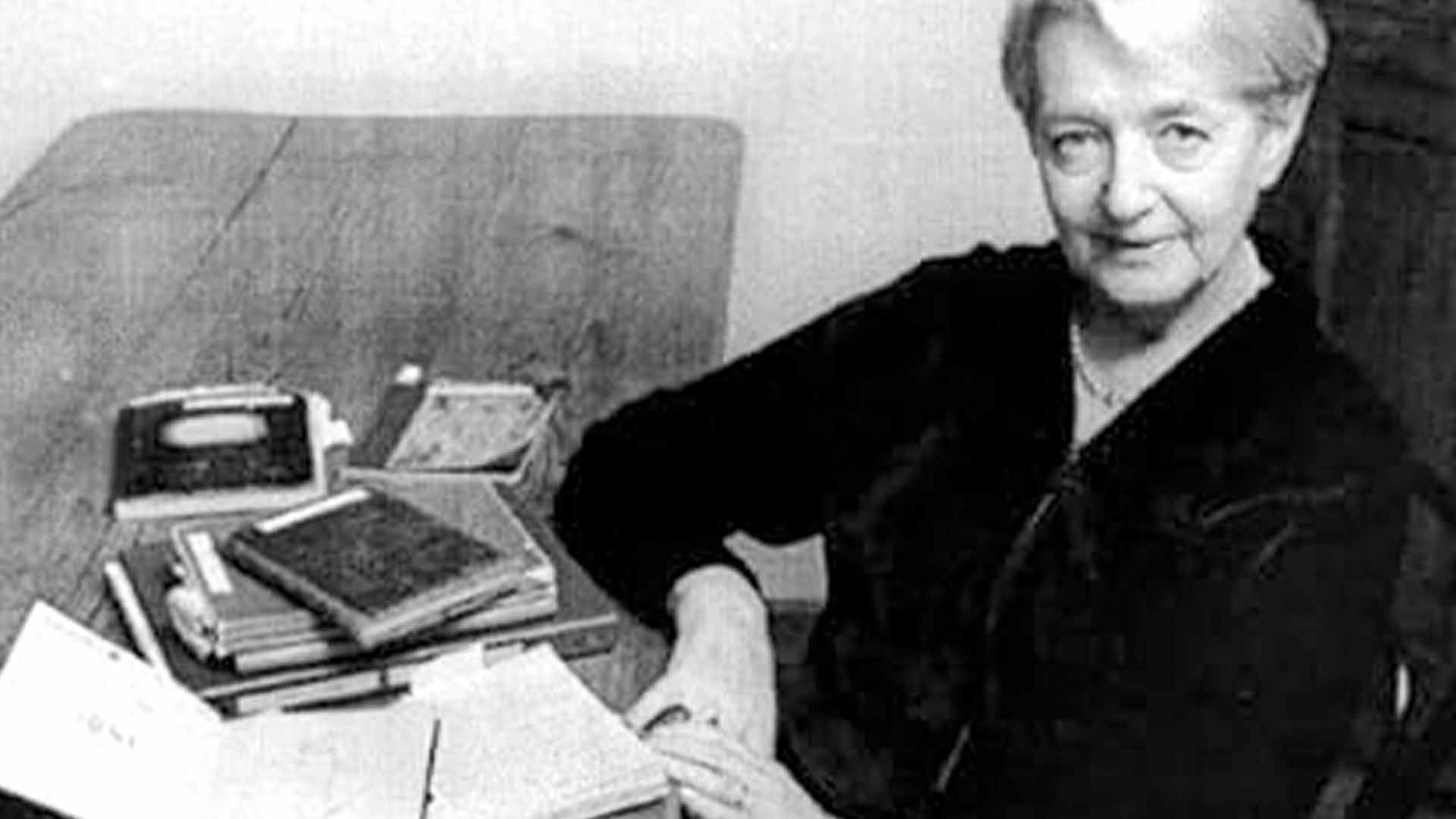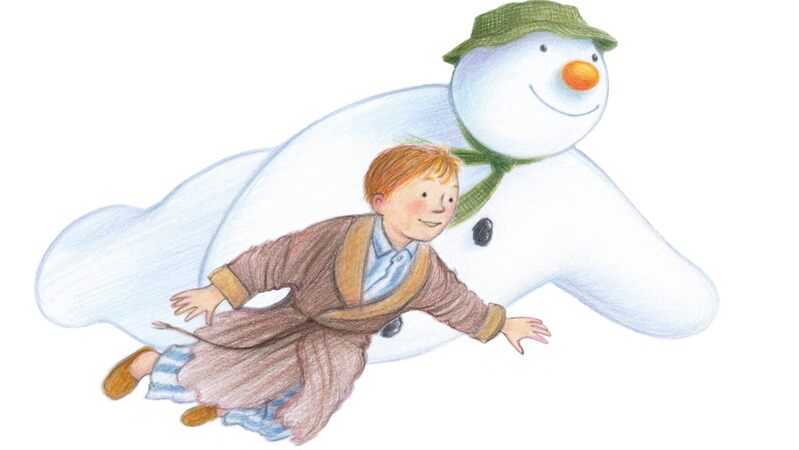You are viewing your 1 free article this month. Login to read more articles.
Virago Modern Classics acquires Holocaust memoir of former Doubleday chief's mother Edith Velmans
Virago Modern Classics has acquired a memoir, Edith’s Story, of how one teenage girl in occupied Holland survived the Holocaust by hiding in plain sight.
It follows Edith Velmans nee van Hessen and her family’s experience of the Second World War, and is frequently compared to The Diary of Anne Frank.
Olivia Barber, editorial director, acquired world all-languages rights (excluding US) to Edith’s Story from Edith’s daughters Marianne and Hester Velmans in a direct deal. Marianne retired as publishing director of Doubleday in 2020 after heading the imprint for 31 years, while Hester is a novelist and award-winning translator of French and Dutch contemporary literature.
The Virago edition will be published in paperback in February 2025 with a new introduction by prize-winning novelist Esther Freud and will include newly uncovered photos of Edith and her family.
First published by Penguin in the UK as Edith’s Book in 1998, it was translated into a dozen languages. It won both the Wingate Prize for Non-Fiction and the Best Biography Talkies Award for the audiobook, read by Miriam Margolyes.
The publisher said: “When the Germans invaded Holland in 1940, Edith was a vivacious 14-year-old girl from an assimilated Jewish family. But her diary entries record a darkening world. Forced into hiding in 1942, Edith was taken in by a courageous gentile family and lived with them under an assumed name until the end of the war, with a Nazi officer billeted in the room next door.
“Combining the remarkable diary she kept throughout the occupation with letters smuggled between her family members, of whom only Edith and one brother survived, Edith’s Story is an unforgettable true story of hardship, courage and one girl’s belief in humanity in the face of despair.”
Barber said: “With its extraordinary resonances of Anne Frank’s diary, Edith’s Story is a vital work of Holocaust literature and a true modern classic. Edith’s experience of hiding in plain sight, under constant threat of discovery or betrayal, is remarkable. It is impossible to read the mingled love and despair in her smuggled family letters, or her amazing determination to keep believing in people’s essential goodness, without being profoundly moved.”
Hester and Marianne Velmans said: “With the passing of the last of the Second World War generation, it is important to remind people of what can happen to the most ordinary citizens in the madness of war.”





















